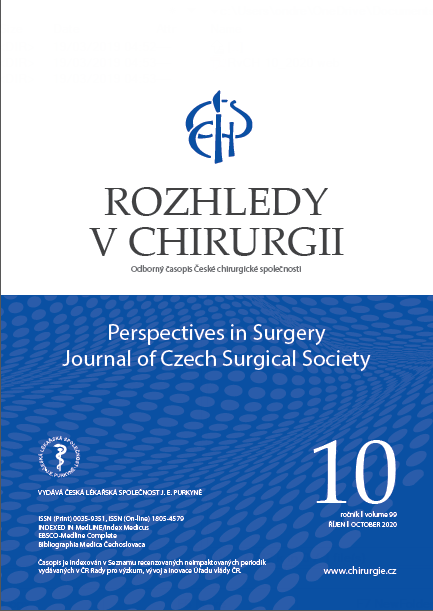Abstract
Besides the conventional extracorporeal circulation, commonly used in cardiac surgery, the methods of extracorporeal life support (ECLS) have been applied ever more frequently in thoracic surgery in recent years. The most commonly used modalities of such supports include extracorporeal membrane oxygenation (ECMO) and the Novalung interventional lung assist device (iLA). Successful application of ECLS has led to its more frequent use in general thoracic surgery, especially as a tool to treat hypercapnia and to ensure oxygenation and haemodynamic support. However, these methods are essential in lung transplant programmes; without their help, in most cases, it would not be possible to perform the transplantatioz or prevent the severe complications associated with critical primary graft dysfunction.
Additionally, the extracorporeal circulation also facilitates the performing of specific surgical procedures that would not be feasible under standard conditions or would be associated with an inadequate risk. The application of extracorporeal life supports can fundamentally increase the level of resection when treating advanced intrathoracic malignancies that are in close contact with the heart and large vessels or even directly extend into them. Without the possibility of resecting such structures en bloc, together with the tumour, and, thus, achieving an R0 resection, these malignant tumours are often directly contraindicated for surgery or are operated non-radically, i.e. unsuccessfully. Complete tumour resection is the most important prognostic factor in the surgery.

